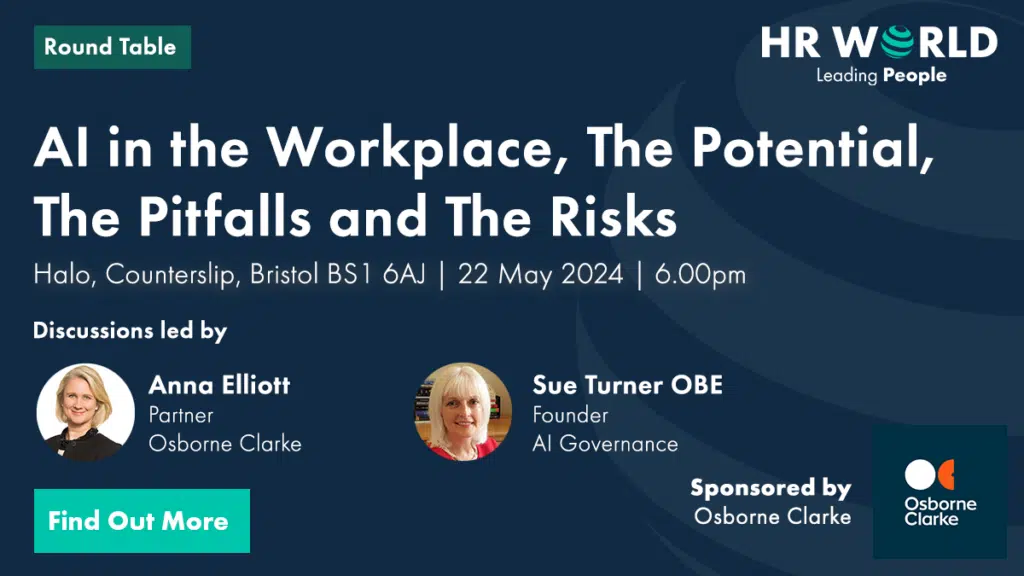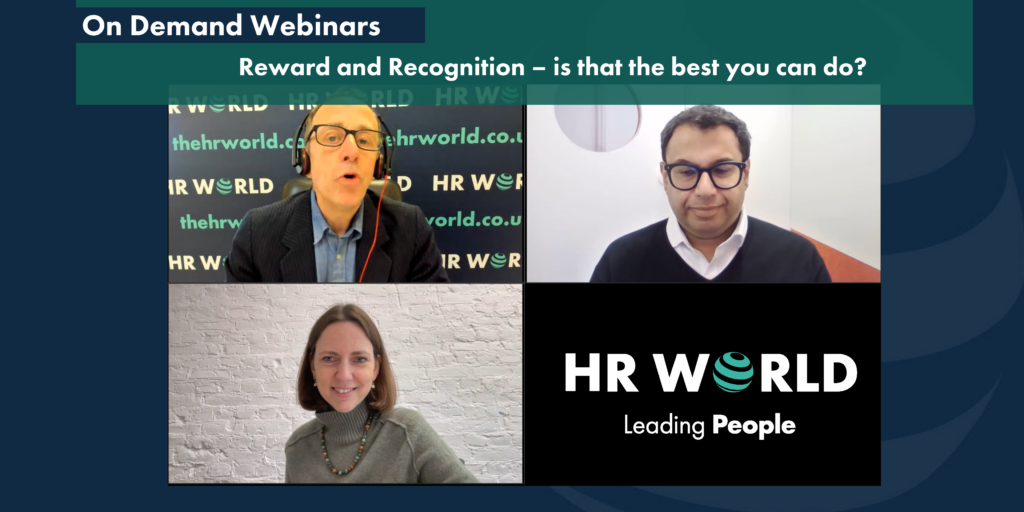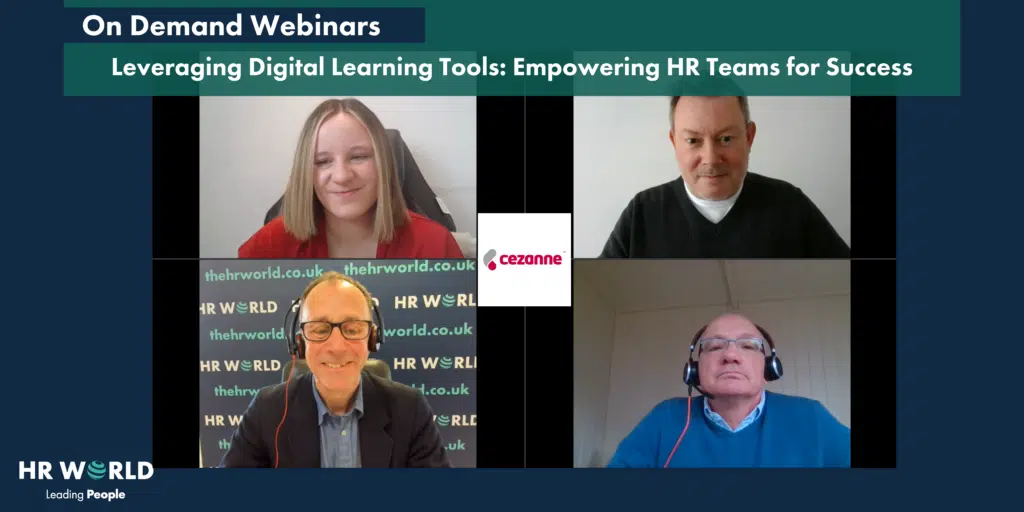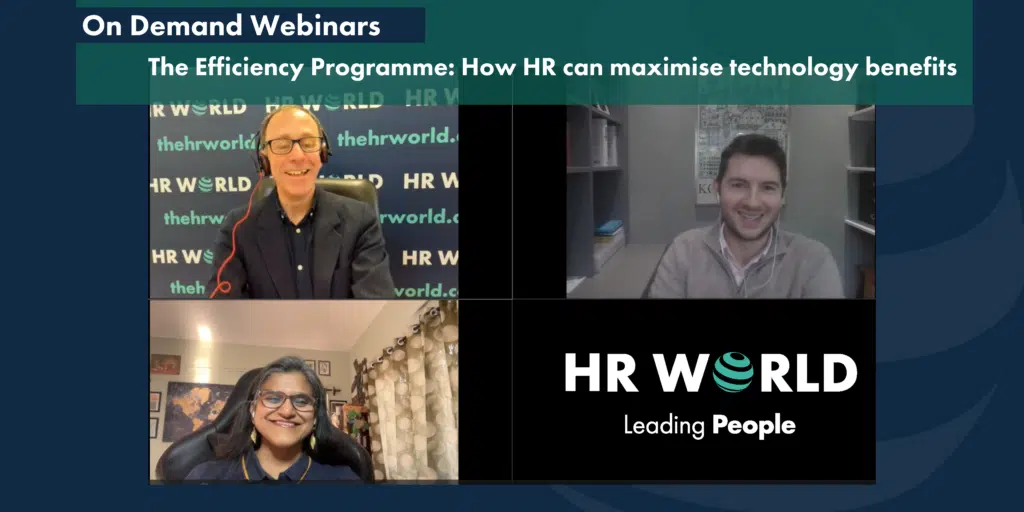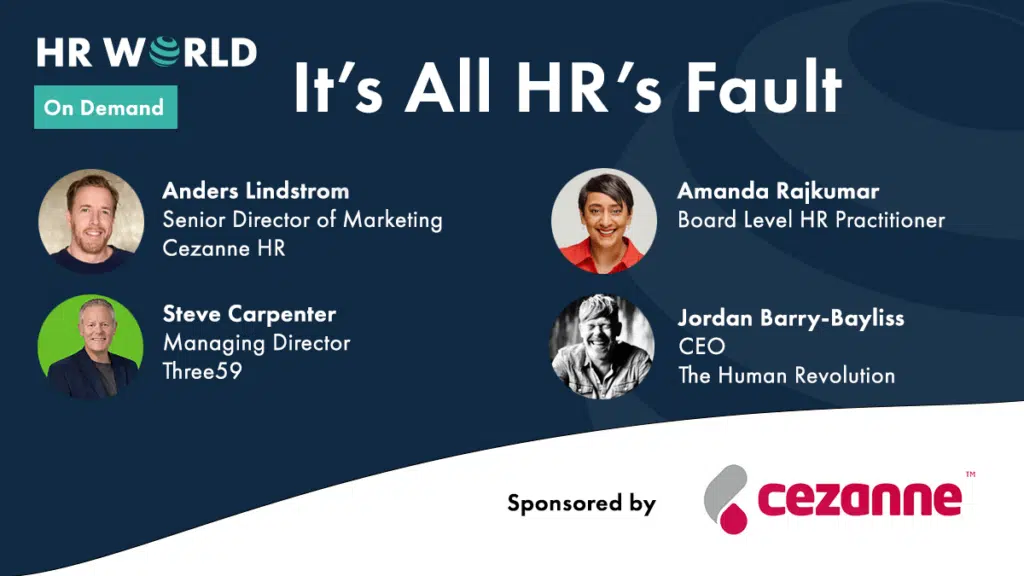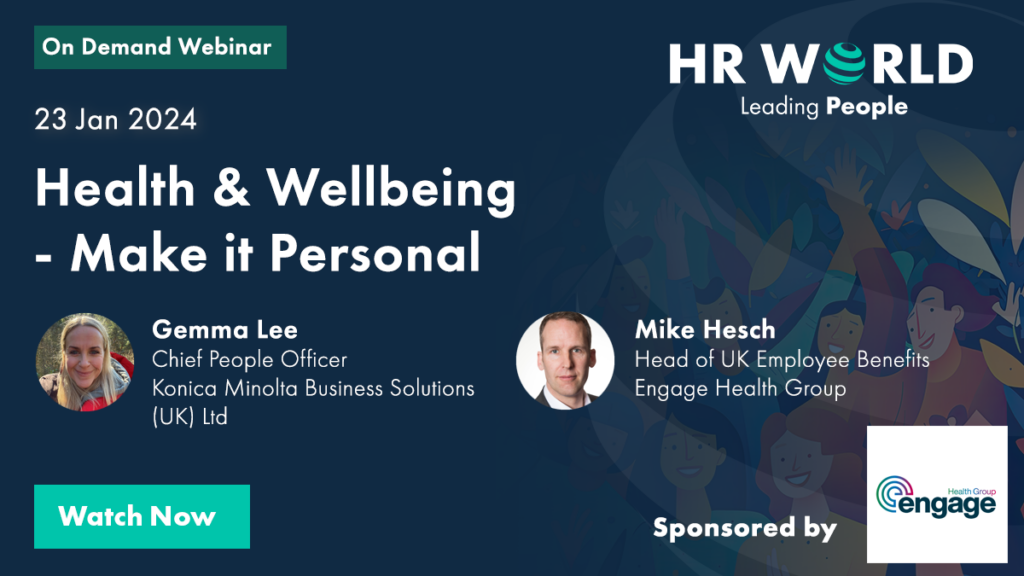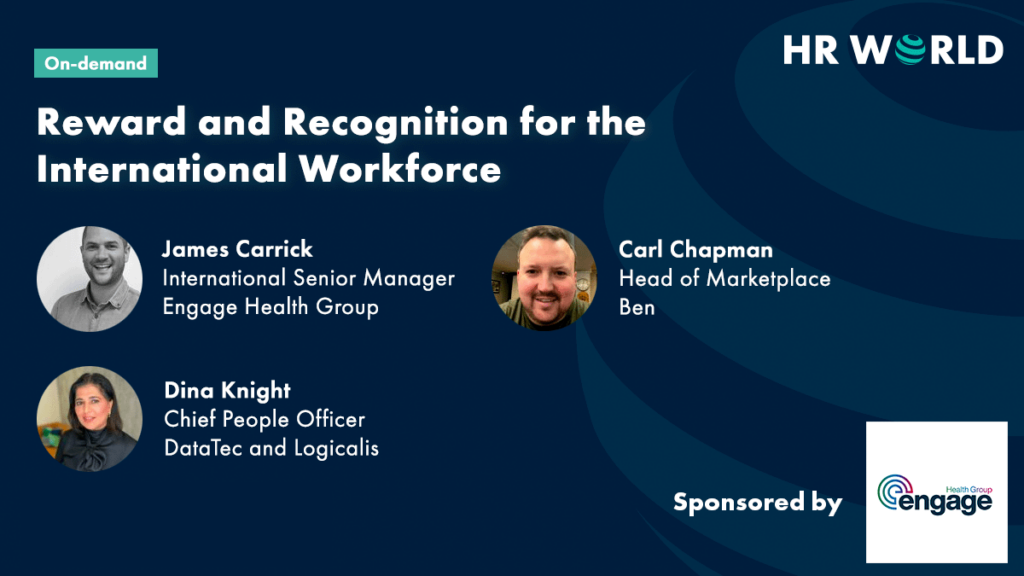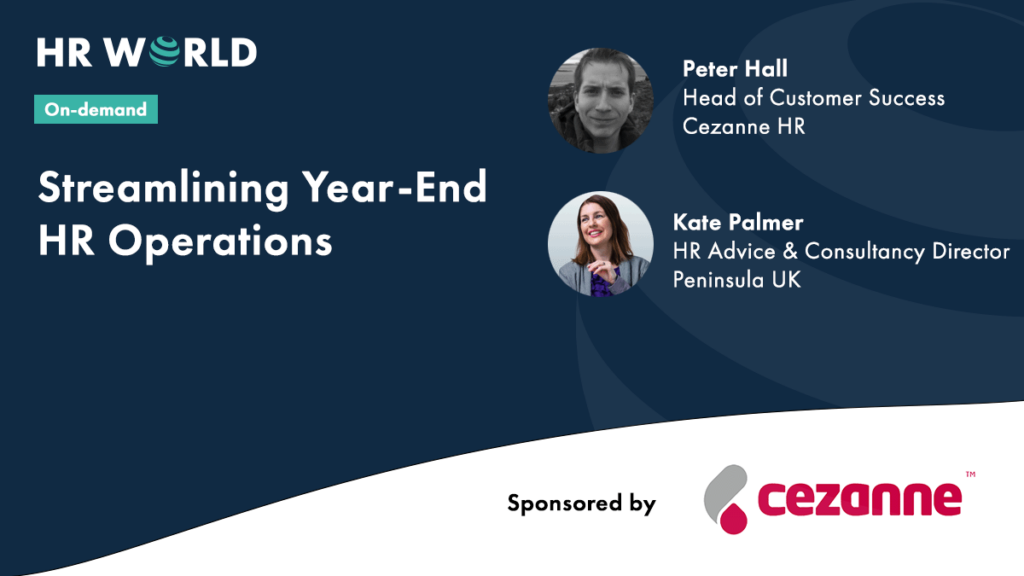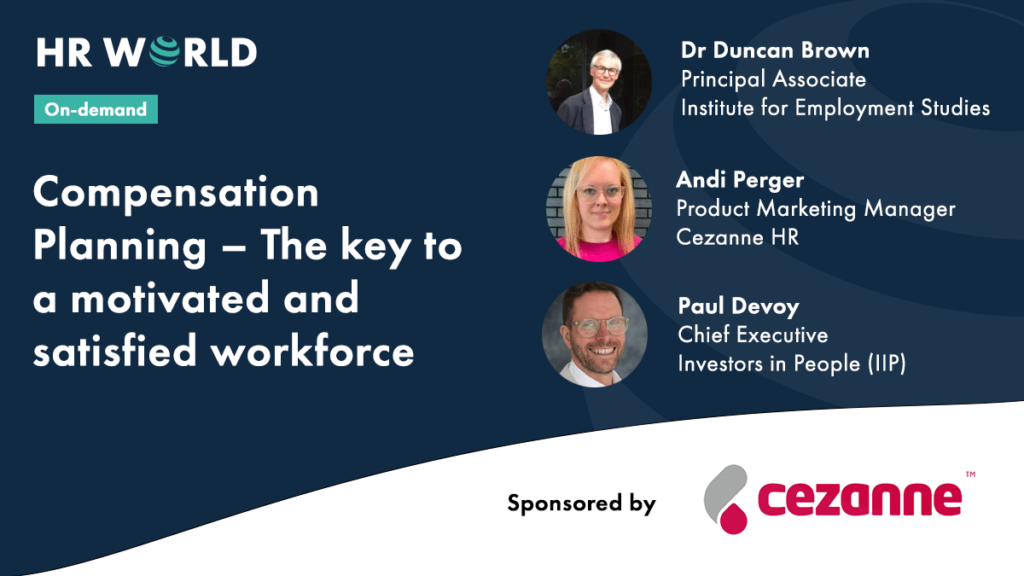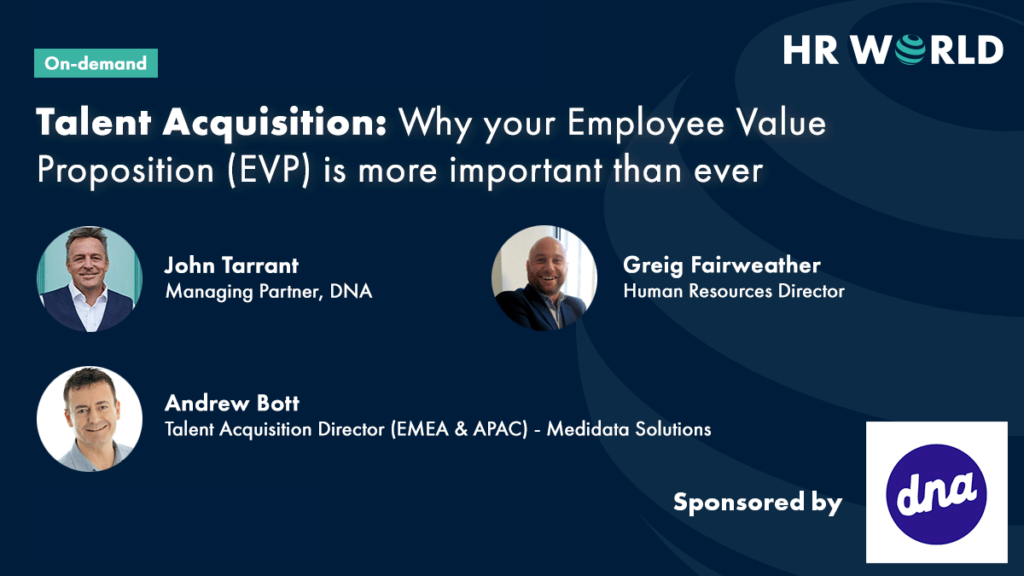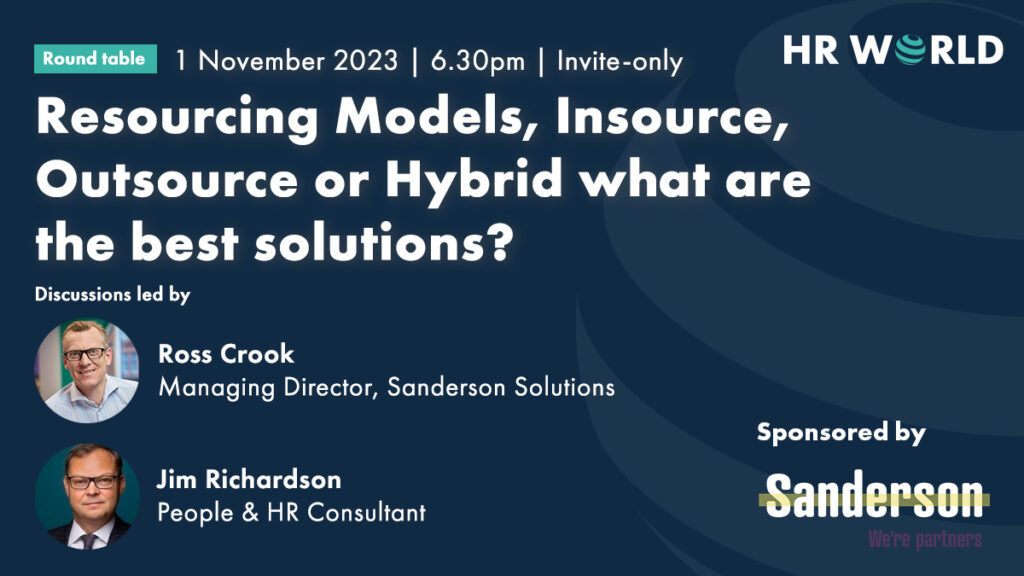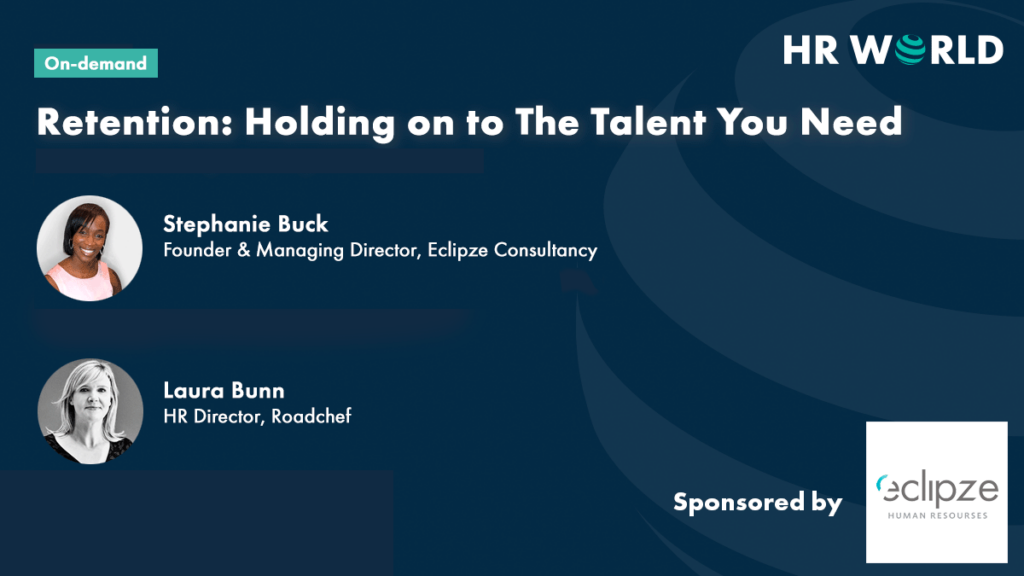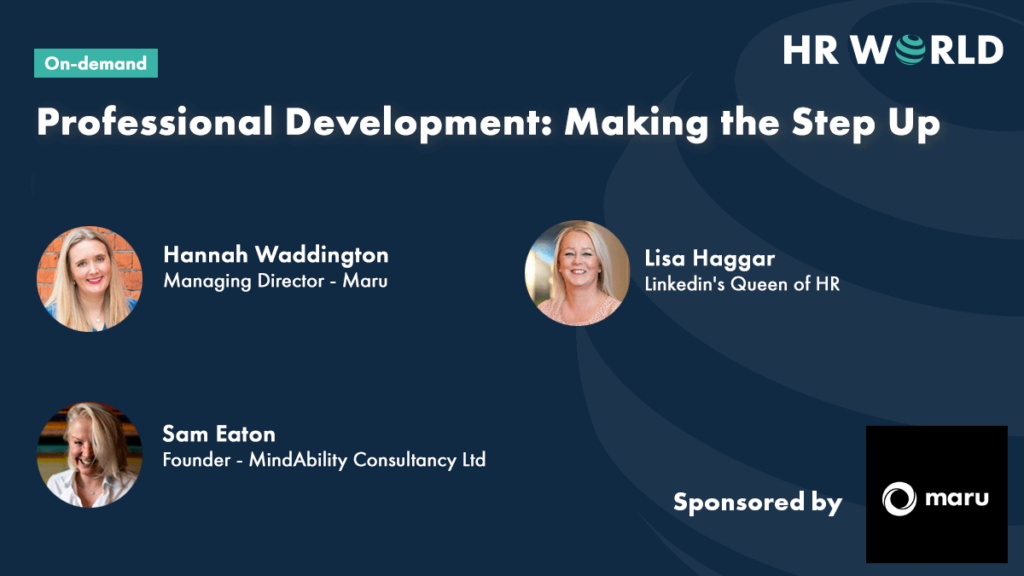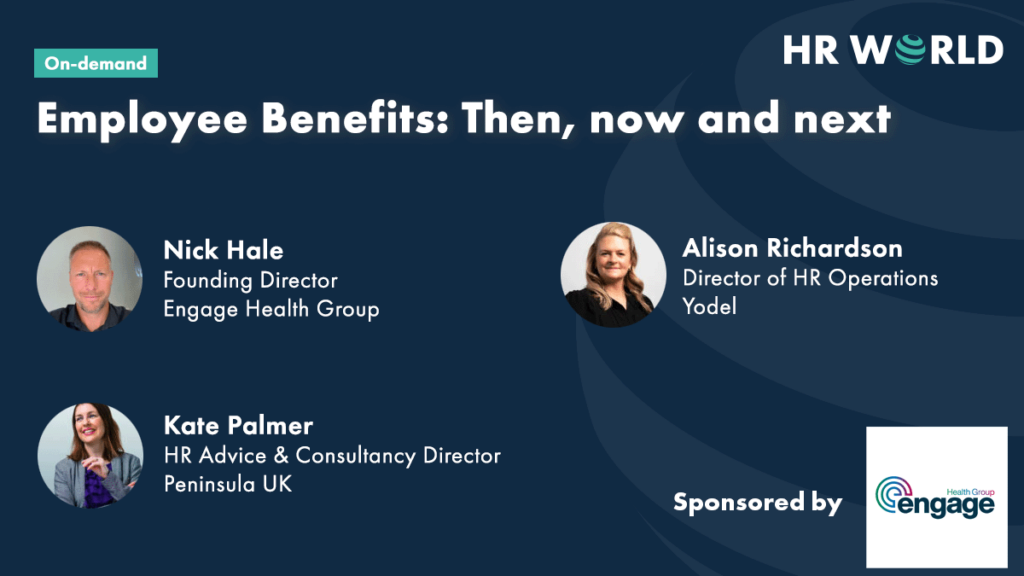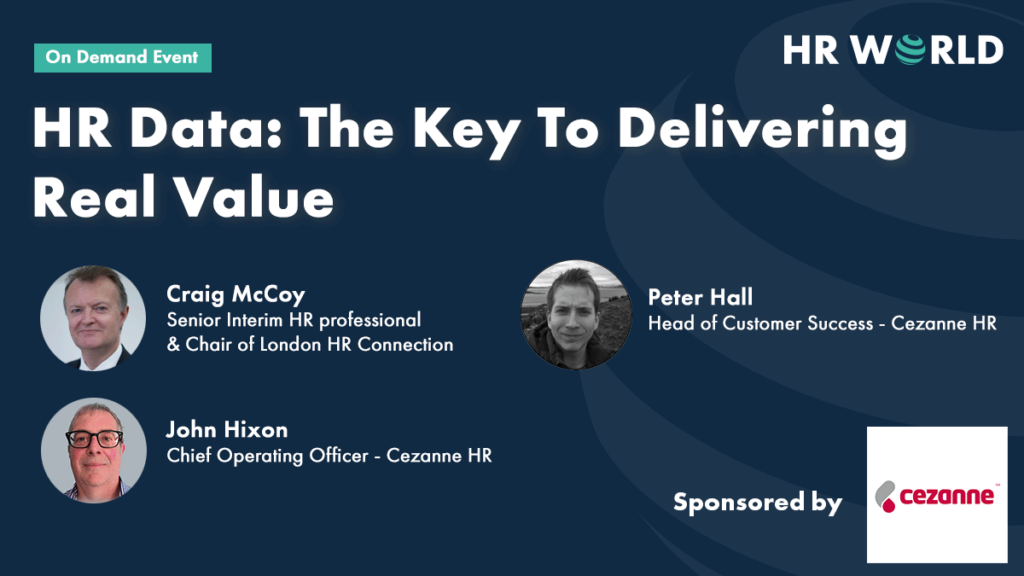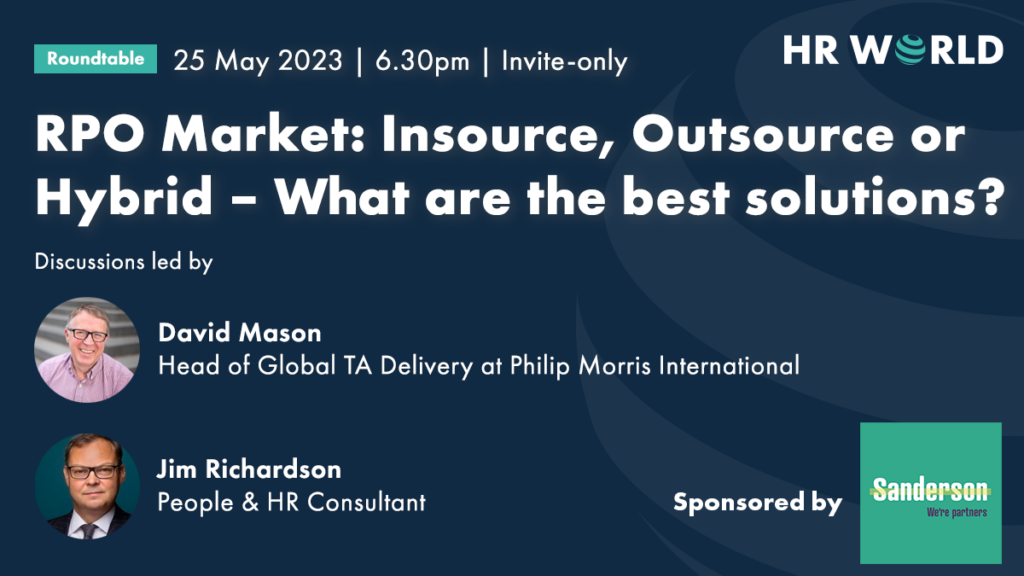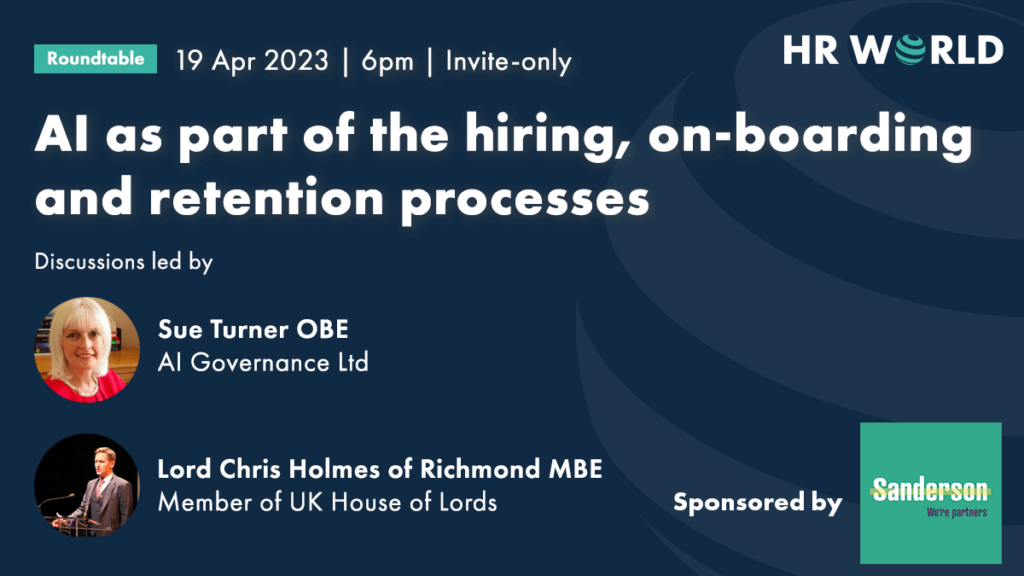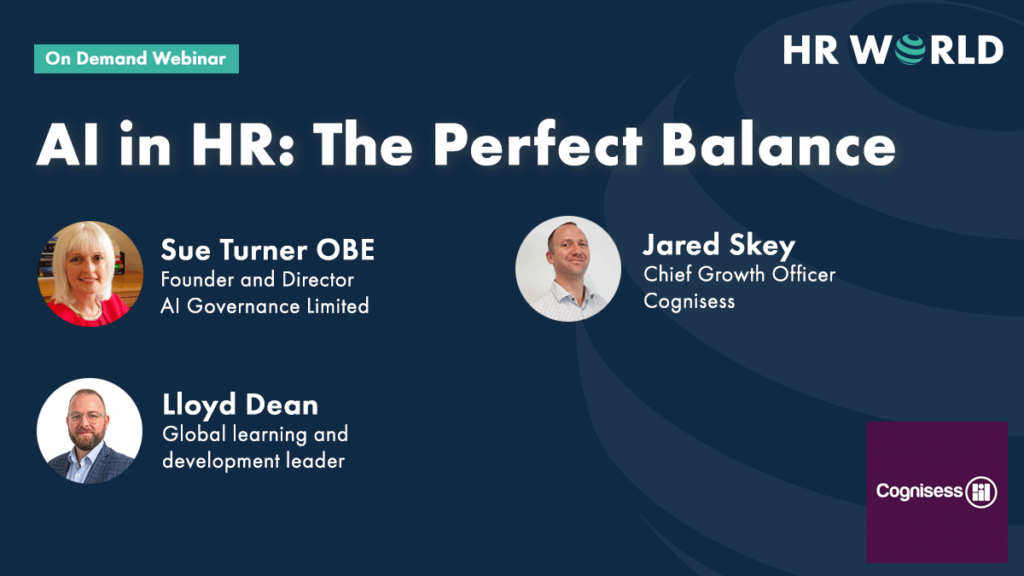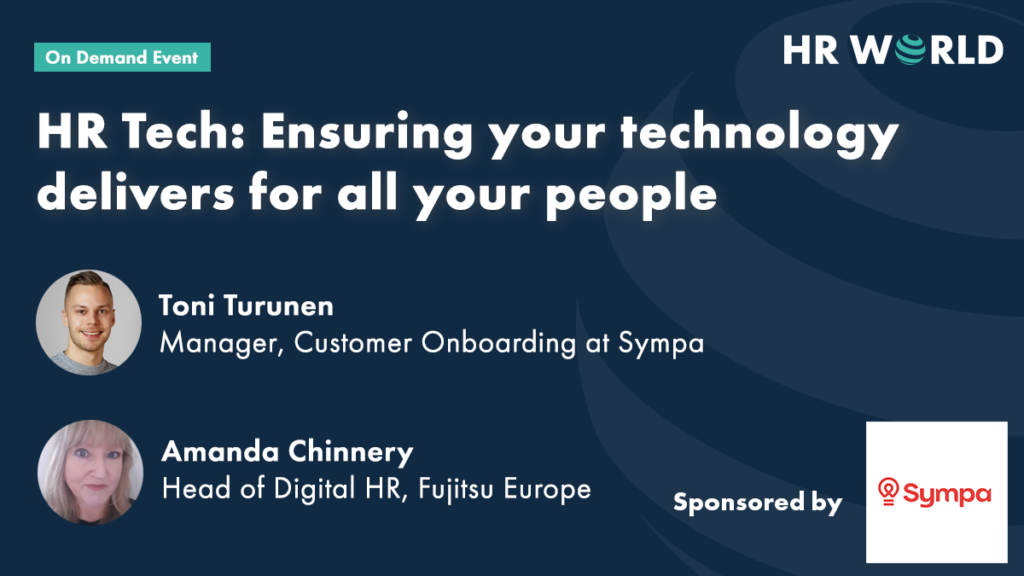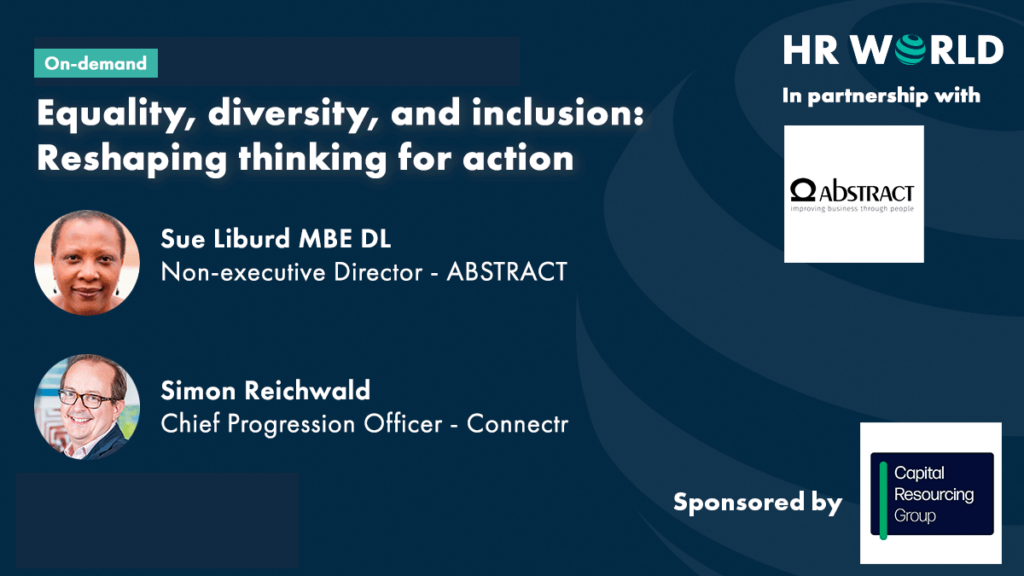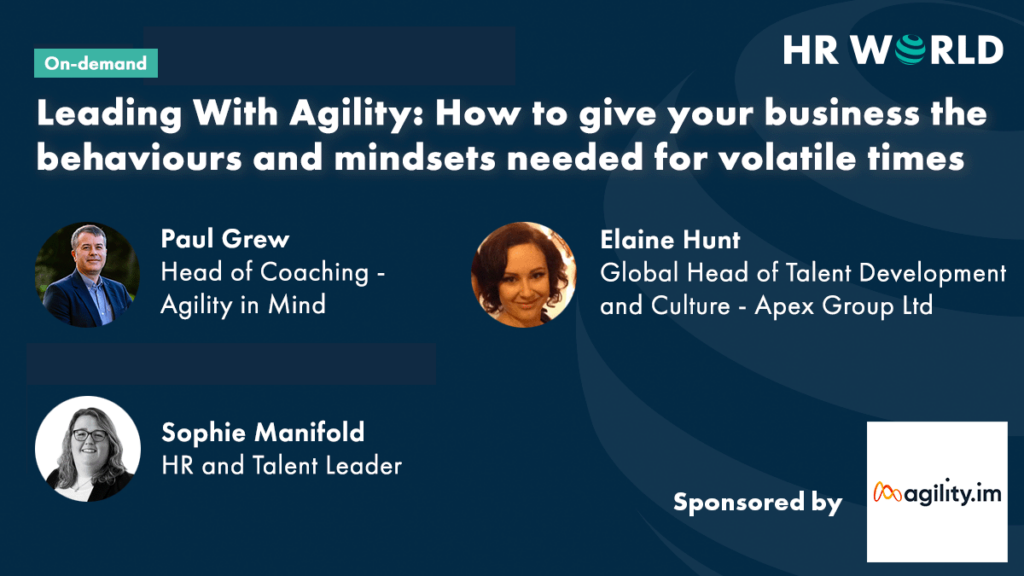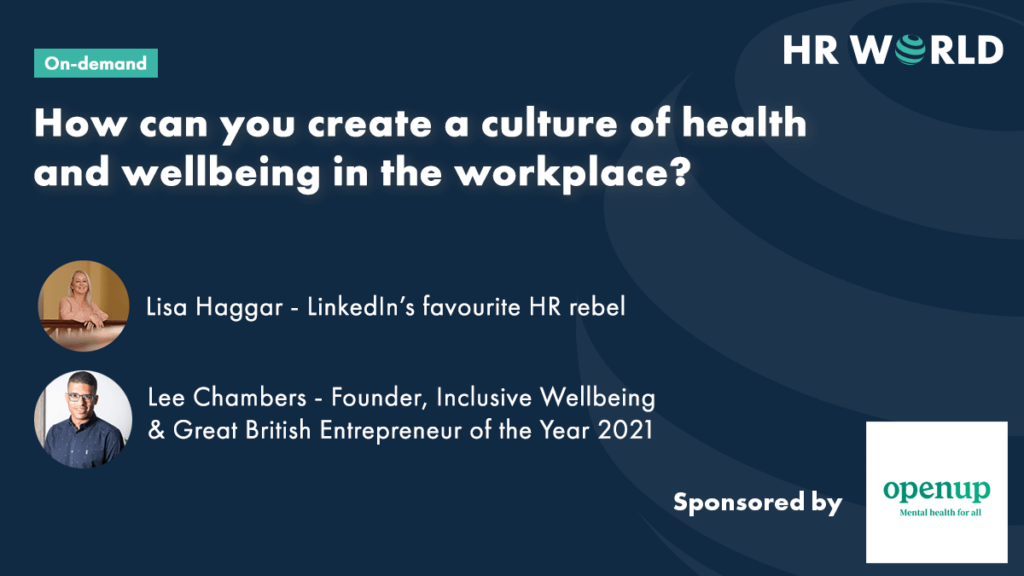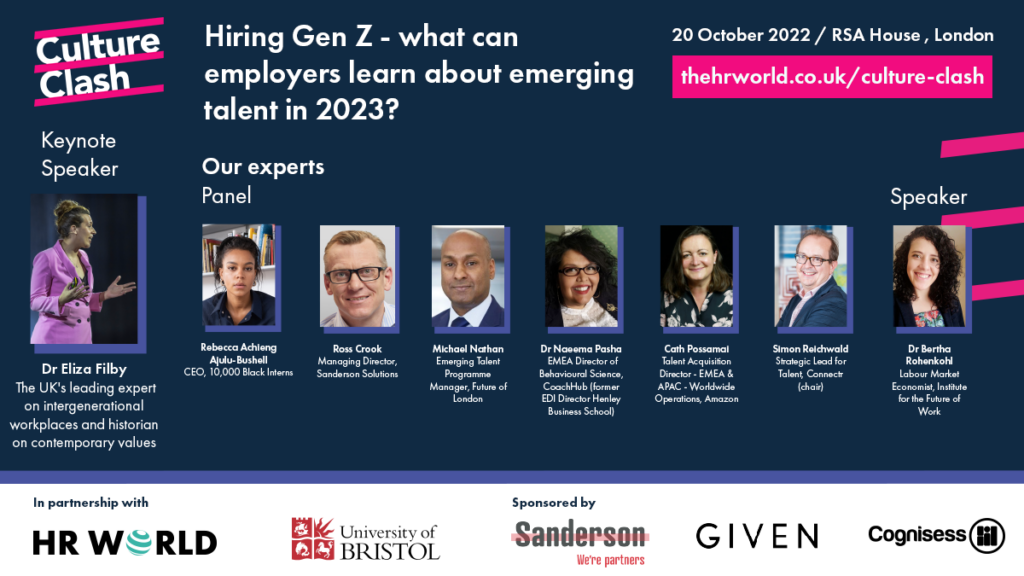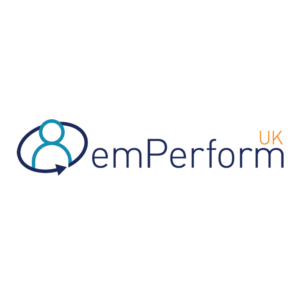Home » Knowledge Hub » HR Strategy » What is Human Resource Management (HRM)?
What is Human Resource Management (HRM)?
20 April 2022 HR Strategy
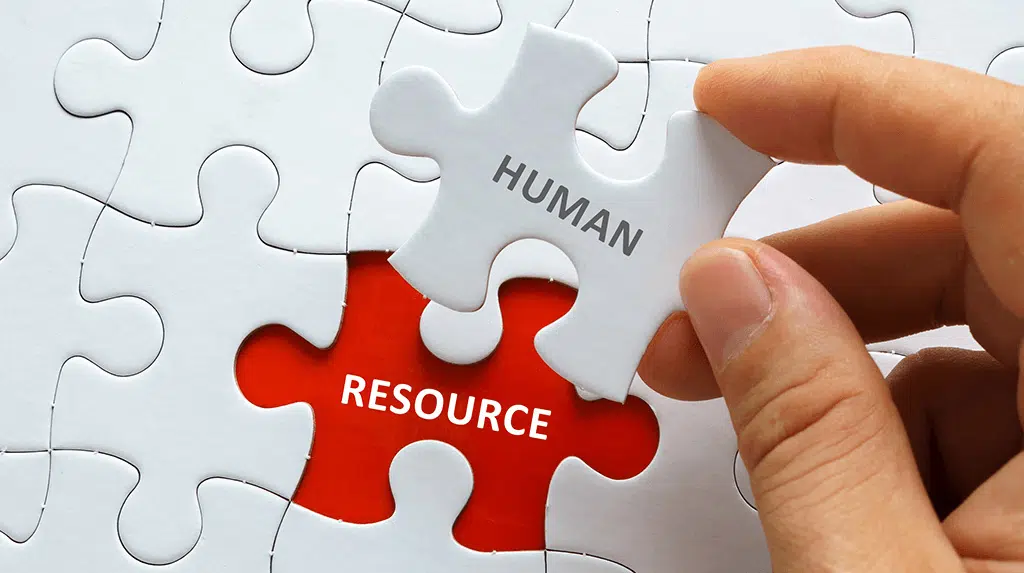
People are undoubtedly at the heart of business but all too often planning of human resource management deals in more abstract terms such as ‘resource’ or ‘workforce’.
The pandemic has undoubtedly shown us that an organisation that does not put its people first will get into trouble the very moment crisis strikes.
However, it is also true that there are physical resources – such as equipment and the place of work – and financial elements. We all know that money, cash and credit, makes the world go round.
It is the combination of these three elements when creating a thorough strategy that we must consider when ensuring that efficient processes and capability are built into the business itself. Without these the product, service or people will fail – those leaders and planners that bring these elements together well will create a successful business.
However, central to every aspect of this planning is people. Anyone who lives in a world where there is a no effort to create loyalty to the business will see a dip in productivity, staff turnover and profit.
It is hard to imagine now a successful business that has not put the human resource function at the heart of its business to ensure the growth of its bottom line and the success of its overall future strategy.
We know that the people create the company – and providing the right level of direction and support it, which is what great human resource management (HRM) is all about. HRM provides an organisation with the best services and systems that drive both profit and team synergy.
But what really is HRM?
What is human resource management?
While everyone may have their own specific way of delivering human resource management, there are scientific definitions that can help steer the HR ship in the right direction.
Michael Beer, professor at Harvard Business School, created The Harvard Model of Human Resource Management with the aim of developing a strategic approach to the development of employment and the resulting wellbeing of employees. In fact, human resources management takes into consideration pretty much all the decisions and actions that affect the relationship that exist between the company and its workforce.
Put simply human resource management refers to the management of all decisions within an organisation that are related to people.
It focused on ensuring a company’s human resources are at fully functioning in the best possible way for the organisation to succeed. It also works to improve and enhance employee performance in unison so that business objectives can be met.
Great HRM helps create an effective understanding and use of policies and processes in the business. Think of it as creating harmony and balance between the needs and happiness of an organisation’s success, including profitability and future growth.
As a tool, HRM brings into shape and focuses the use of human resources as it fosters an employee’s development as well as making sure the company is being compliant with the regulatory and legal landscape in which it sits.
When we look at the type of organisations that typically require and benefit from having a specific HRM function are employers with upward of 1000 employees as this scaling can mean objectives and goals become increasingly hard to make work organically or through less structured practices.
An efficiently functional HRM aids the workforce of an organisation to contribute efficiently and effectively towards the overall achievement of an organisation’s goals.
To understand human resource management, the functions of human resource management must be taken into consideration.
The functions of human resource management are managerial, operative and advisory.
Managerial functions include:
- Strategy: this is critical to create the right systems and then go on to strength test both the thinking and effectiveness. Areas for specific consideration include avoiding over or understaffing. Key to this is understanding the current resource, being able to forecast demand, creating resource parity across the organisation and then continually aligning these with the company’s goals.
- Organisational planning: For many HRs this plays a key part in their overview and understanding of the business and its human resource needs. It often takes the shape of organisational structure and charts which can be understood as a visual representation of the body as a whole, as well as reporting roles.
- Driving and direction: This activity is central to ensuring employees at all levels are positively and productively contributing to the health of the organisation. This includes spotting and nurturing potential and talent as well as keeping motivation high. The success of this is often a key metric of HRM functional outcomes.
- Measurement and control: Monitoring, insight gathering and understanding of the employee and employee body performance in line with the overall organisational objectives helps feedback into the planning models. Control measures can then be taken to help address any deviation.
Operational activity:
- Talent acquisition: Defining the process for recruitment and selection to create a talent pool as well as a generalist pool of candidates is pivotal for business growth – as is retaining them. Given the challenges of the pandemic and the resulting fluctuating jobs market, this is increasingly hard for companies of all sizes.
- Job review and design: Many organisations fail to understand the true nature of their job design process, but this HRM activity is necessary to help describe the nature of the job, including the requisite qualifications, skills, and work experience for a specific position within an organisation. This function is crucial in helping to combine tasks, duties and responsibilities into a single work unit to achieve organisational goals.
- Learning & Development (L&D): Employees require this HRM function so that they can build up their skillset and be effective in their roles. This is a crucial part of managing human resources effectively so that employees are ready for additional responsibilities and will be effective. The Association for Talent Development (ATD) conducted research that found businesses providing formalised training to their staff have 218% higher income per employee than companies without.
- Performance management: An essential HRM function is analysing employee performance. Research by Deloitte found that 79% of executives rate redesign of performance management systems and practices to incorporate elements like continuous feedback, goal-setting, and employee-driven communication as a high priority.
- Policies: Human resource managers are responsible for managing policies within a business. To ensure that all employees understand the culture, values and a business’s position on everything from maternity leave to bullying. Staff should be treated fairly and HRM creates, revises and maintains these policies.
- Compensation management: An important part of HR management is establishing pay structures, bonuses and more for roles. A study by Jobvite discovered 19% of people resigned from a role because of compensation reasons.
- Employee welfare: HR management works to provide benefits to employees, including wellbeing offers and packages. This is becoming increasingly popular, as found by Metlife. Their study found 51% of employers say using health and wellness benefits to maintain employee loyalty and retain talent will become even more important in the next 3 to 5 years.
- HRMS: The backbone of human resources management, it centres on employees. Core information, from work history, hours and pay, is gathered and maintained by HR.
Additional items to HRM:
- Head of department assistance: Here, human resources provide help and advice to department leads on all aspects of a job. This includes designing a job to appraisals, and everything in between.
- C-suite and senior level management assistance: It is essential for HR management to provide help and advice to senior staff regarding their employees and recruitment. HR can provide information and analysis about the current employees, which can be used in recruitment and improving staff wellbeing as necessary.
Why is human resource management so important?
Human resource management is an important addition to every business, without a doubt.
- Work life: Employees have the right to a clean, safe and nice working environment, and this falls under HRM. Gallup’s ‘Global Productivity Hinges on Human Capital Development’ research discovered that 85% of employees across the globe feel disengaged and only 15% are fulfilled from their work.
- Continuous skillset development: Human resource managers know that training is essential for a business to stay competitive. Plan skillset development with the long-term goals of the business.
- Staff satisfaction: Companies are responsible for matching people with the right job for their skillset. Employees want to feel satisfied at work as found by DecisionWise via Human Resources Today’s research. 64% of workers across the world feel their job gives them a sense of meaning and purpose.
- Acknowledging individuals’ worth: Human resource managers should ensure that every employee has their contributions recognised. Businessolver’s empathy monitor study found that 93% of employees say they’re more likely to stay at a company that is an empathetic employer. This is confirmed by Ultimate Software’s happywork study, where 75% of employees said they would stay longer at a business that listens to and addresses their concerns.
- Fresh thoughts: New skills are brought to the company by curious staff and these can boost a company’s bottom line.
- Offer opportunities to change and adapt: Industries change so quickly as new technology emerges. HRM can ensure that employees are able to change and adapt.
- Look beyond technical training: Develop staff so that they have more knowledge about their tasks to make the best possible contribution to their business. HRM is responsible for maximising staff’s output.
Human Resource Management Benefits
Human resource management is the essential bridge between employees and managers within a business. Great HRM will support the business goals of a company while being balanced to ensure staff development and wellbeing.
Strategic HRM is the best approach to human resources, especially because it is involved in so many aspects of the business, including:
- Attracting and retaining employees
- Supporting staff through organisational changes
- Adopting relevant technology
- Assisting employees so they work effectively
- Find ways to gain advantages over competitors
HRM develops value for a business, allowing them to be competitive in their industries. When asked ‘what is the importance of HRM?’, it is at the heart of the business – the people. People can make or break a business. HRM sources, develops, retains and compensates the best possible staff for a company to operate efficiently.
Human resource management disappears into the everyday hustle and bustle of a workplace, but everyone is aware that it operates in the background. Effective HRM means that a company can meet its potential and grow in its industry.
- Boost the bottom line: HRM affects profits through boosting staff’s output. HRM experts will be involved in high level meetings and planning to align with long-term business goals.
- Mission, vision, values, and goals: Employees need to understand where and how they fit into a company. Human resources contributes to each part of the company and helps staff see and shape their roles as a result.
- Internal marketing: Staff want to work for a company they believe in. Developing a strong brand for internal use is down to human resource managers. CultureIQ’s study found that building an employer brand and company culture helps companies increase qualified candidates (49%), increase diverse candidates (32%), increase employee referrals (41%), and hire the right people (55%).
- Employee workplace awareness: HRM provides information to staff about their functions and governance.
- Workplace environment: Employees want a pleasant working environment. It is one of the top employer attributes that jobseekers value most, found Randstad’s study.
- Managing talent: An essential part of HRM. At its core, human renounce management is committed to recruitment, onboarding, performance management, training, and much more.
- Company values and culture: The culture of a business is maintained by HRM. It must ensure that the culture is supportive in the right way for employees. A company’s culture changes constantly with new hires, industry insights and new technology emerges. Another study by CultureIQ discovered that 73% of employers believe a great corporate culture gives their businesses a competitive edge.
- Managing conflict: A healthy business will see conflicts as employees have their own views and ideas. Finding ways to work together and be productive often needs the additional assistance of HRM. It can take on a role such as advocate, coach or mediator to assist with the conflict.



